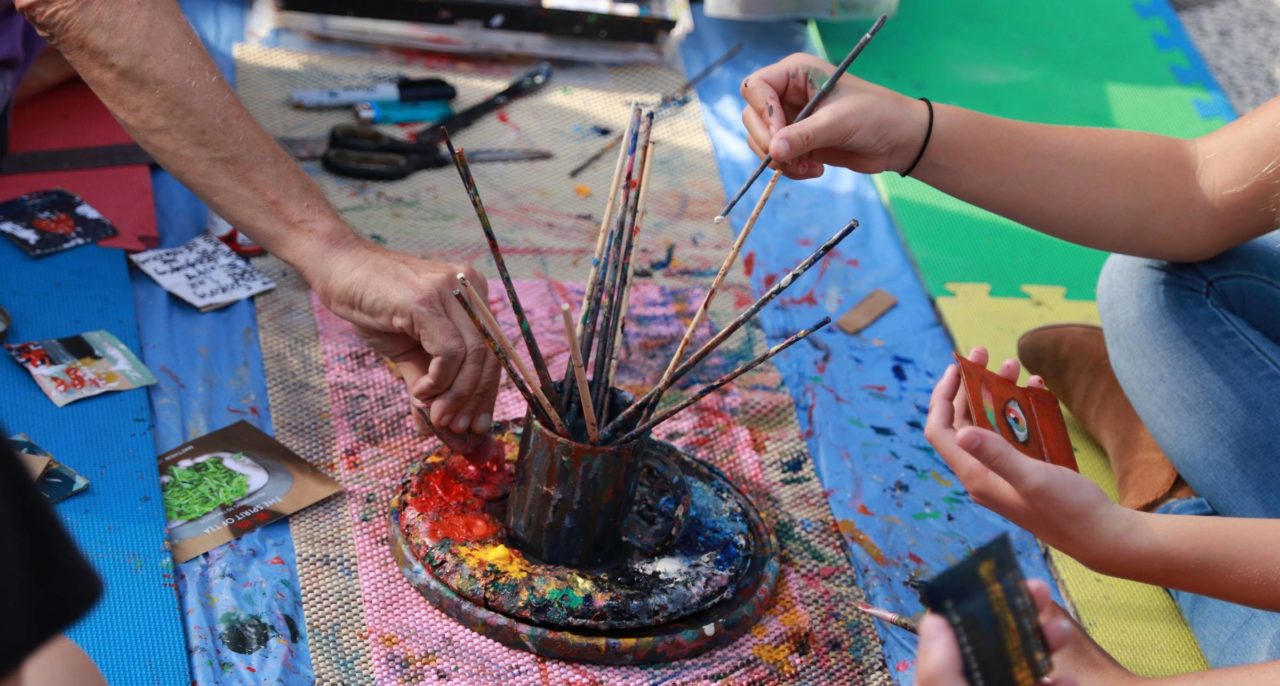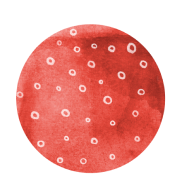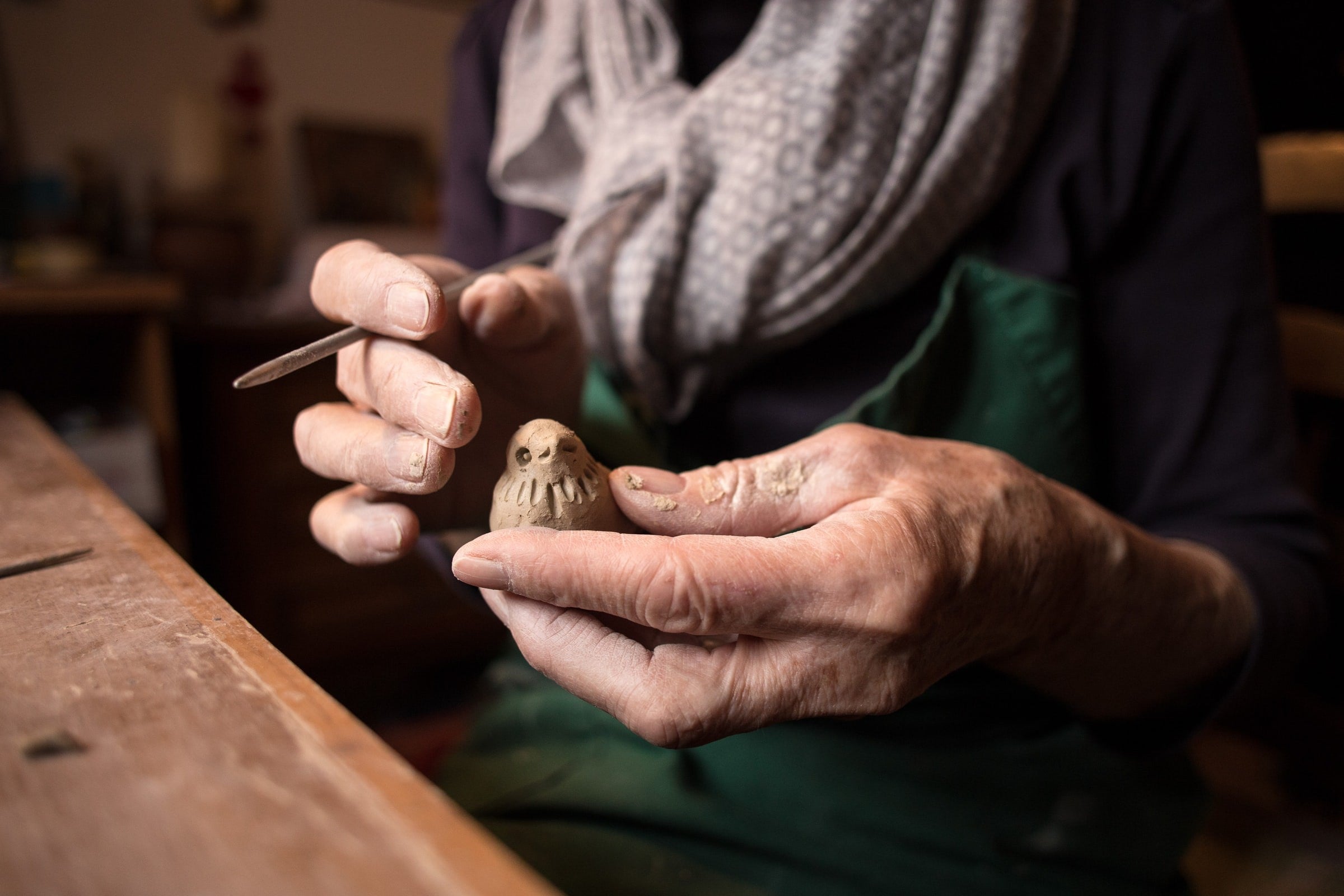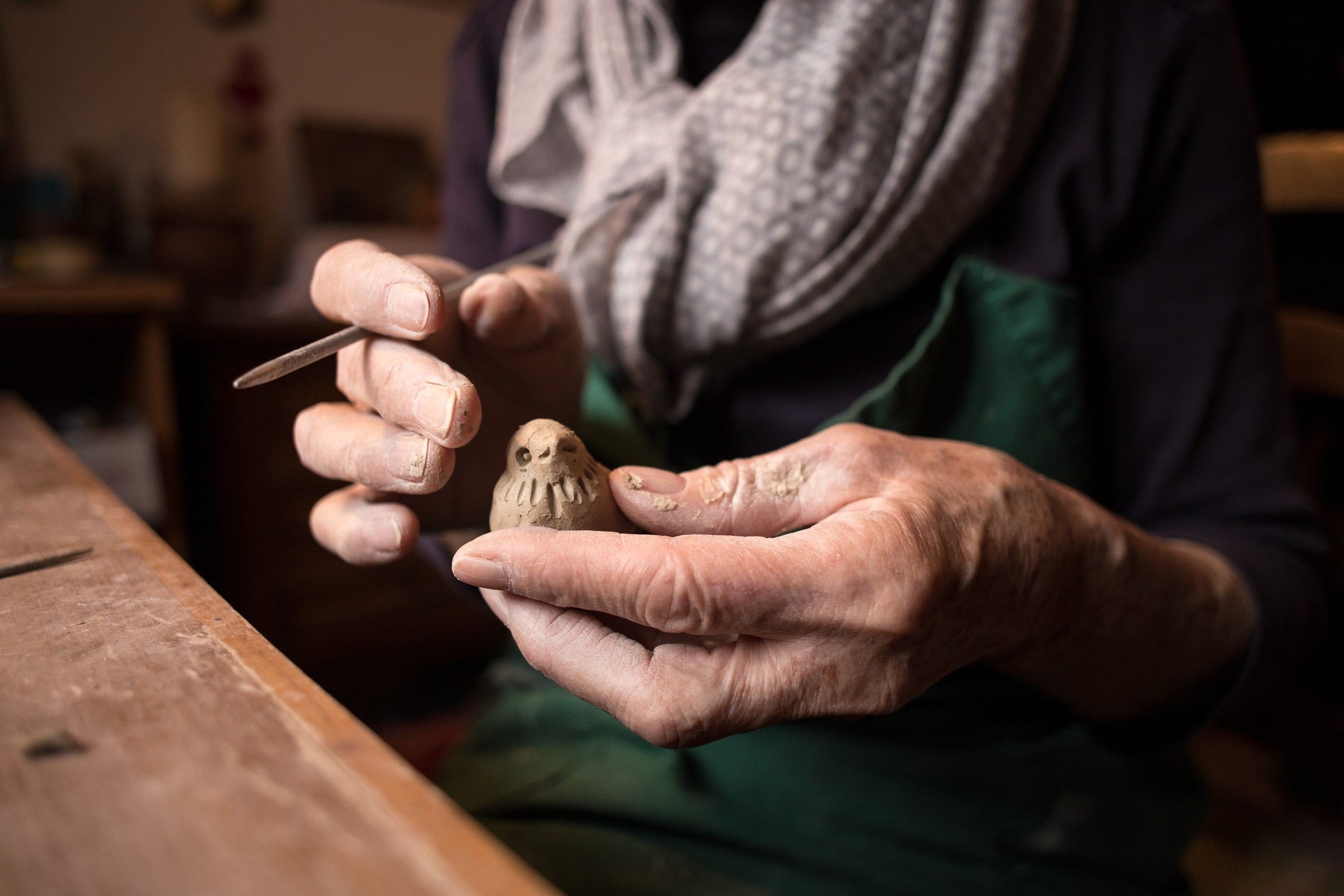Day 17
4 min. Creative therapy for traumatized refugees in Germany
 Bring colour back into life Bring colour back into life
Bring colour back into life Bring colour back into life


Psychosocial support for traumatized refugees in Berlin

need
Creative therapy for traumatized refugees in Berlin.
activity
In creative therapy, patients can process the suffering they have experienced and find peace through artistic creation.
Measurable performance
Number of hours of creative therapy completed.
Result
With this support, patients can once again cope with their everyday lives and develop a perspective for the future.
Systemically relevant impact
The patients have stabilized themselves through access to psychosocial care and are able to build independent lives.
background


The good deed
AboutGermany
Berlin
Capital city
83 240 525
Population
45,723.6
Gross domestic product
per capita per year

Rank 6 of 189
Human Development Index
(Human Development Index)




